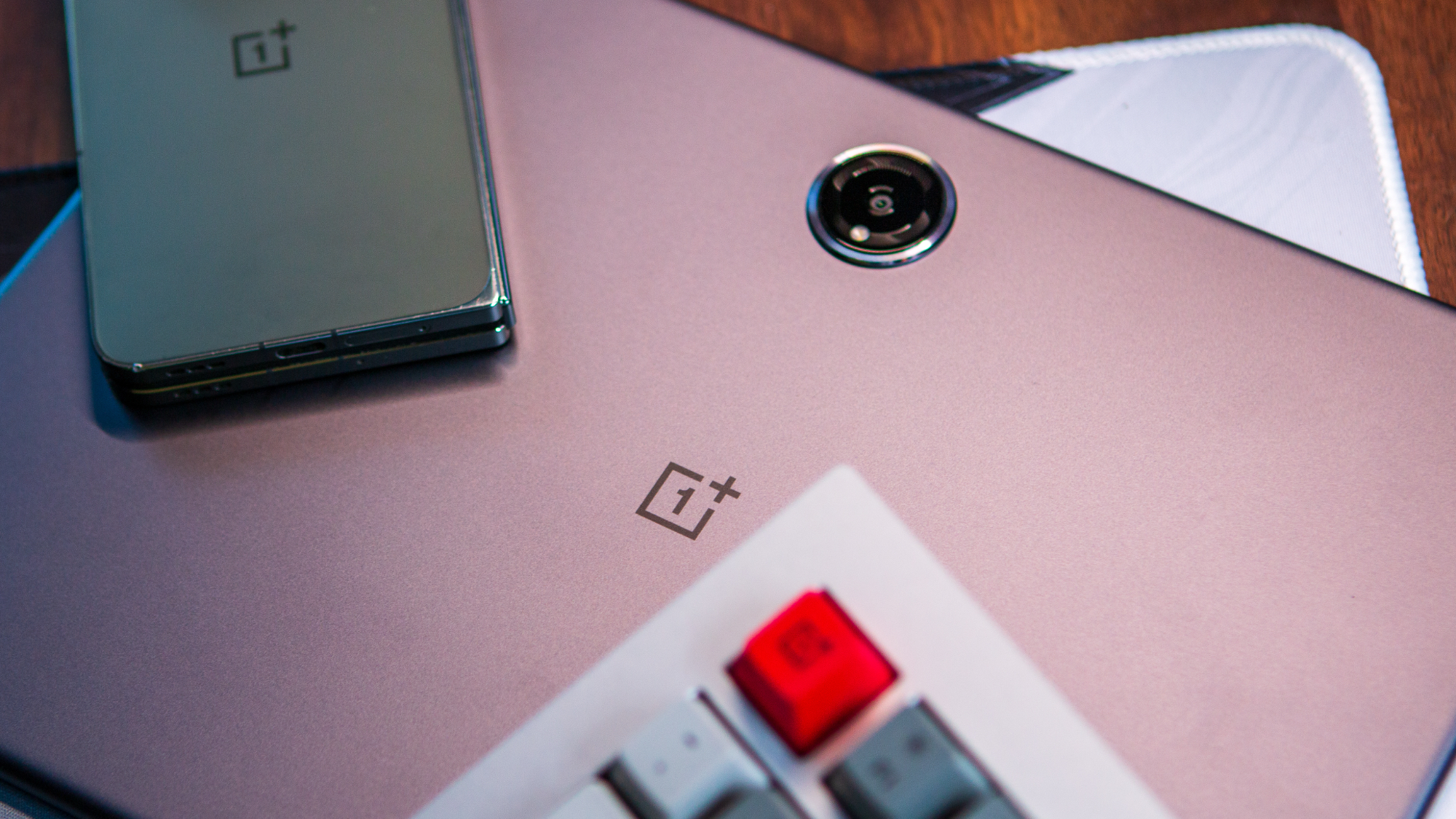Strava Acquires Runna: A Game-Changer for Runners Worldwide

In a significant move for the global running community, Strava, the leading social media platform for fitness enthusiasts, has announced its acquisition of Runna, a rising star in the realm of running training apps. This decision comes at a time when the running trend is surging worldwide, driven by an increasing number of individuals participating in outdoor activities. Strava, with its robust user base, is poised to enhance its offerings by incorporating Runna's innovative training plans into its app.
Strava, known for its tracking capabilities and community features, has long been a staple for runners who utilize Garmin smartwatches to monitor their progress. However, it has notably lacked in-app training plans, a critical component for runners aspiring to improve their performance. Runna, which launched in 2021, has quickly become a popular choice for users seeking structured training programs for various distances, including 5K, 10K, and full marathons. With an impressive $6.3 million in funding and a user base spanning 180 countries, Runna has established itself as a valuable resource for runners of all levels.
Strava's CEO, Michael Martin, acknowledged the gap in their services, stating, "For a while, Strava had created static, document-based plans for runners, but the reality is those were used very, very infrequently." He noted that both long-term users and newcomers had expressed a need for more interactive and accessible training guidance. The acquisition of Runna is seen as a strategic move to address this issue, promising to enhance the user experience significantly.
While the financial details of the deal remain undisclosed, the collaboration is expected to create a win-win scenario for both parties. Strava will benefit from integrating Runna's state-of-the-art training plans while providing Runna with access to one of the largest online running communities, further bolstering its growth potential.
Users of both platforms can anticipate a gradual rollout of new features stemming from the acquisition, though Martin assures that the immediate experience will remain unchanged. "Effectively, nothing changes for the user out of the gate," he explained. The goal is to prioritize the growth of the Runna app while ensuring it operates independently yet integrates seamlessly with Strava's existing functionalities.
Dom Maskell, co-founder and CEO of Runna, expressed optimism about the merger, saying, "The ambition is to do things where it makes sense." He detailed how a more cohesive integration would streamline the user experience, allowing individuals to plan their runs within Runna, discover routes on Strava, and utilize live coaching featuresall within a unified framework.
Despite the potential benefits, the specifics surrounding subscription models remain uncertain. Strava currently offers both a free tier and a premium subscription priced at $79.99 annually, while Runna's subscription costs $119.99 per year. Until the two companies finalize their plans, users will need to maintain separate subscriptions to access the full suite of features from both apps. Martin indicated that he views the Runna acquisition similarly to Stravas previous purchase of Recover Athletics, which offers complementary services without restricting user access to its features.
However, the introduction of new subscription terms could lead to friction among users. Strava has faced criticism in the past for pricing changes that left many subscribers frustrated, particularly after a controversial price hike in 2023. The community's backlash is a reminder of the delicate balance that both Strava and Runna must navigate as they blend their services. Maskell acknowledged the importance of transparency with users, stating, "We try to be very transparent and open with them, and I genuinely believe this is an amazing thing for all users."
In these uncertain economic times, Martin acknowledged the challenges of investing in growth but affirmed the strategic importance of this acquisition. "This is very much a growth and investment play. This isnt an efficiency play," he emphasized, underscoring the commitment to enhancing user experience and expanding both platforms in the competitive fitness app market.


























